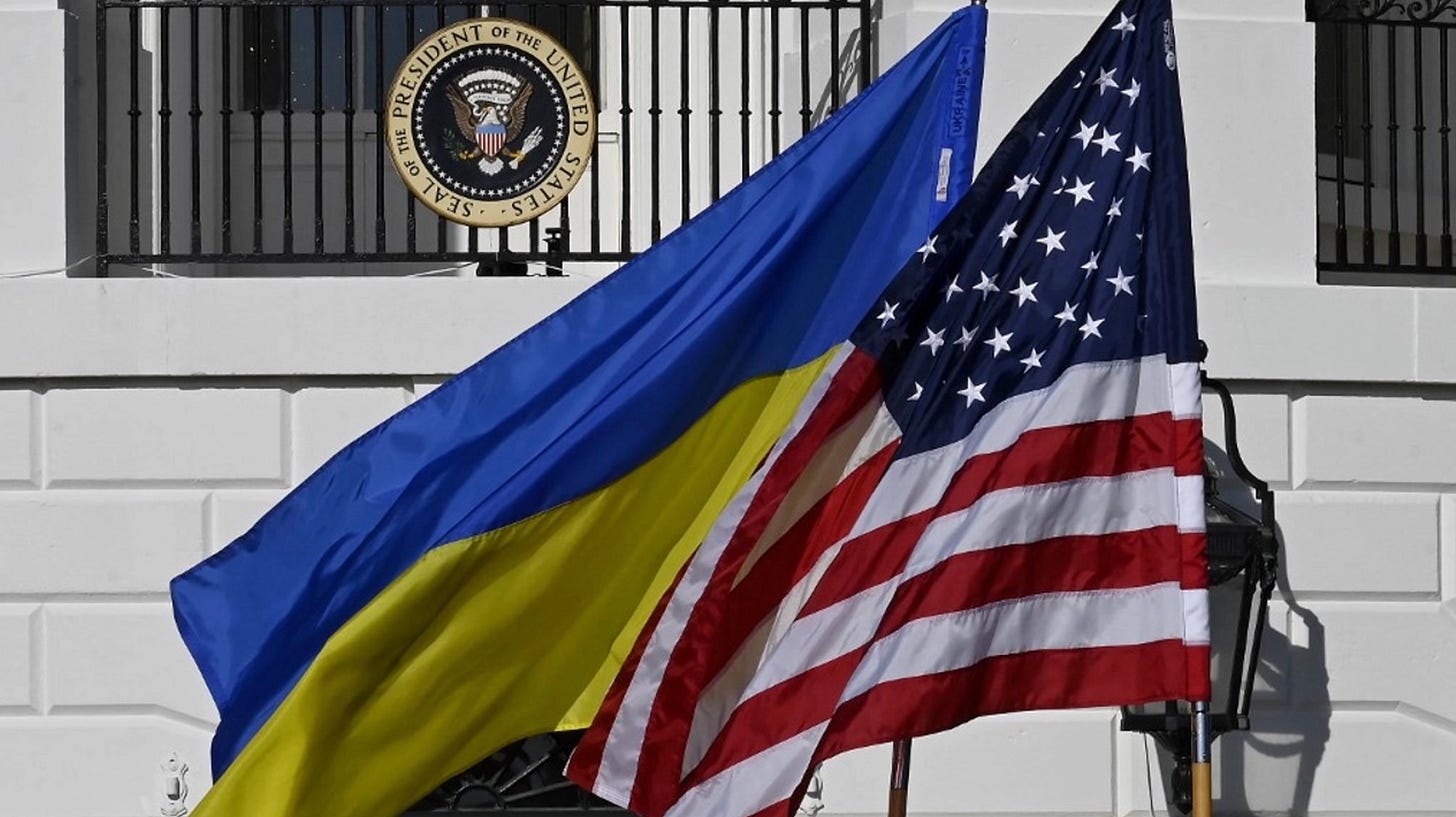I usually dive deep into heavy topics like Russian intelligence operations, war, authoritarianism, and corruption—but today, I’m taking a lighter approach. As Americans grapple with the growing threat of dictatorship, I want to share some lessons of resilience and hope we can learn from Ukrainians who’ve been fighting for their democracy on every level. I’m also close to finishing a Resistance Guide and will continue to share weekly ideas for staying engaged and hopeful in facing the dark road ahead.
In Ukraine, resilience isn’t just a word—it’s a way of life. For centuries, Ukrainians have faced existential threats from a neighbor that refuses to let them live in peace. But even amidst war and chaos, Ukraine thrives on small, powerful acts of defiance. You see it in families gathering to make borscht by candlelight during power outages, in communities rebuilding shattered homes, and in the unyielding pride that fills every corner of Ukraine. These moments are a reminder: resistance doesn’t always look like grand gestures. Sometimes, it’s in the everyday acts that remind us of who we are and what we stand for.
Here in America, we are also grappling with challenges to democracy. While our battles may look different, the creeping normalization of authoritarian rhetoric and attacks on democratic norms demand a response. The good news? Resistance here, as in Ukraine, doesn’t have to be overwhelming or exhausting. It starts small, with everyday actions that keep hope alive.
Take borscht, for example—Ukraine’s iconic soup. It’s more than a dish; it’s a symbol of identity. During the darkest days of the war, Ukrainians continued to cook borscht, sometimes sharing it with neighbors who had lost everything. Imagine sitting around a table, sharing a simple meal, laughing when you could cry.
Here in the U.S., we can find our “borscht moments” too. It might not involve beets, but it could look like gathering your neighbors to discuss ways to protect your community or coming together for a book club to read about democracy and its fragility.
Another Ukrainian tradition is singing folk songs. During air raids, people gather in underground shelters and sing, turning fear into strength. Music becomes a weapon of unity, a reminder of shared history and resilience. Americans have their own ways of uniting through culture—be it protest songs, murals that capture the spirit of the moment, or even satirical comedy that calls out injustice. Finding joy in cultural expression doesn’t mean ignoring the threats we face; it’s about recharging for the fight ahead.
And then, of course, there’s the act of rebuilding. In Ukraine, even amid a genocidal war, communities immediately come together to repair shattered homes, clear debris, and restore what has been lost. It’s a tangible reminder that resilience is as much about action as it is about hope. Americans, too, can embrace this spirit by rebuilding trust in their institutions and communities—whether it’s volunteering locally, running for office, or mentoring young people. Just as Ukrainians refuse to let destruction define their future, Americans have the power to repair and strengthen the bonds that hold their democracy together.
The lesson from Ukraine is clear: you don’t need to do everything, but you must do something. Share a meal, speak your truth, create art, organize locally, or simply show up to vote. Resistance is about keeping the heart of a nation alive, no matter how dark the times.
America’s democracy may feel fragile, but it isn’t beyond saving. The path forward starts with the little things—acts of kindness, community, and hope that remind us what we’re fighting for. If Ukrainians can find strength in borscht and folk songs under bombardment, surely we will find ours. Remember, all who cherish freedom are in this fight together.
Please support my work with a free or paid subscription to stay informed on critical issues. Your support helps sustain independent research and strengthens efforts to resist authoritarianism. Thank you for being part of the conversation!





